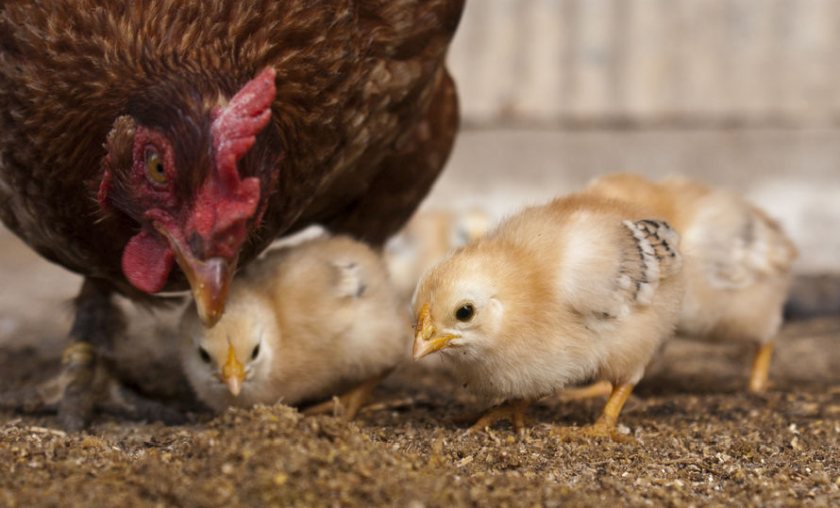New novel technology helps cut poultry antibiotic use

A new novel technology being developed by UK researchers could help reduce the use of antibiotics on British poultry farms.
Promising results have been reported in the fight against superbug infections on poultry farms, which could have wider implications for human health.
Antibiotics are widely used to kill or reduce bacteria in both humans and farmed animals such as chickens.
However, excessive use or misuse of antibiotics has led to the development of ‘superbugs’ which are resistant to treatment.
Researchers at Scotland’s Rural College (SRUC), in partnership with Aga Nanotech and CIEL (Centre for Innovation Excellence in Livestock), tested the novel technology.
Developed by Aga Nanotech, it offers a 'safe, effective and sustainable replacement' for antibiotic use in poultry rearing.
The technology couples a cancer medicine delivery system - called microparticles - with reactive, short-lived antiseptic compounds.
Laboratory trials have already shown the loaded microparticles to be effective in treating antibiotic resistant bacteria.
The novel technology can be customised to meet the specific needs of the end-user, delivering a toxic payload to bacteria present within the animal, and can be produced cheaply and safely.
The study found the technology led to a significant reduction in bacteria among a flock of chickens and helped to improve performance.
It is part of a wider project involving UK company GAMA Healthcare to customise and trial innovative patented technology for use in poultry.
SRUC's Dr Salvatore Galgano said the study demonstrated that the technology had the potential to be a substitute for antibiotics while enhancing production.
“It is an important step in the fight against superbug infections in animals and lays the foundations for further investigation into the role of this technology in decreasing antibiotic resistance associated with animal husbandry,” he said.
Adrian Fellows, CEO of Aga Nanotech, said the study showed promise for the development of a new generation of feed additives with a remarkable range of benefits.
“There is still work to do and in part this will be conducted in co-operation with our project partners in China," he added.
“However, the research has demonstrated a potential route to the safe, nutritionally beneficial and environmentally responsible replacement of antibiotics in chicken rearing and possibly other monogastric animals.”








